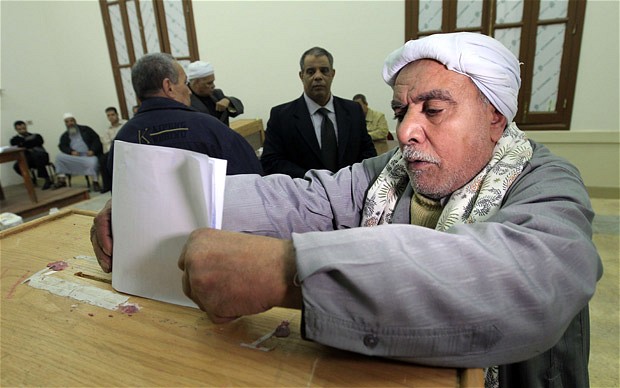Nissan Egypt plans to invest $55.9m by 2026 to strengthen its position in the Egyptian market and boost local manufacturing, according to company representatives who met with Prime Minister Mostafa Madbouly on Sunday.
The meeting, which was also attended by Deputy Prime Minister for Industrial Development and Minister of Industry and Transport Kamel El-Wazir, Minister of Investment and Foreign Trade Hassan El-Khatib, and Nissan Egypt Managing Director Mohamed Abdel Samad, focused on supporting the expansion of local automotive manufacturing.
Madbouly expressed his support for the automotive industry’s growth, highlighting the recent formation of the Supreme Council for Automotive Industry and the incentives that have been approved to encourage investment. He also emphasised the government’s commitment to providing necessary support to manufacturers.
“I have previously met with company officials multiple times, and the Deputy Prime Minister for Industrial Development has visited Nissan’s plant in Egypt,” Madbouly said, praising the company’s progress and advanced technologies. “We urge further expansion of the automotive industry in Egypt.”
El-Wazir echoed Madbouly’s comments, highlighting the government’s focus on industrial localization and its efforts to overcome obstacles and drive progress in various industrial sectors.
“We aim to expand different industries and provide raw materials and production inputs for manufacturers of Egyptian products,” El-Wazir said.
El-Khatib, the Minister of Investment and Foreign Trade, added that the government is committed to providing support to the industry to expand and grow.
“This is a priority for the state,” El-Khatib said. “We also highlight the importance of encouraging and protecting local industries, which contribute to meeting domestic needs and increasing exports.”
Abdel Samad noted that Nissan has been present in Egypt for 20 years and has established itself as a market leader.
“Nissan was the market leader in Egypt in 2023, with a market share of 13.5%,” Abdel Samad said. “Nissan Egypt is the largest Japanese investment in the Egyptian private sector, with total investments amounting to around $235m.”
The company operates with a production capacity of up to 50,000 vehicles annually and employs approximately 950 workers.
Abdel Samad highlighted Nissan Egypt’s commitment to exports, noting that the company has exported over 10% of its human resources to various Nissan branches and offices worldwide.
“Egyptian expertise is leading in Africa, and some positions within the parent company,” Abdel Samad said. “Moreover, the Nissan Egypt plant has been approved as an export hub for passenger vehicles to Africa and some Arab countries, with the company having exported over 15,000 locally manufactured Sunny models since August 2022.”
Abdel Samad also revealed the company’s plans to invest in a free zone company at Alexandria Port, aimed at facilitating the export of cars and parts and generating foreign currency.
“The targeted area is about 6,000 square metres, aimed at serving the export of locally manufactured and imported car parts, with implementation scheduled to begin in November 2024, involving investments of up to $2m,” Abdel Samad said.
He also detailed plans to launch a new model, targeting production of 10,000 vehicles for the local market and 7,000 for export in the first year.
“We are considering expanding our production to include other models needed in the market,” Abdel Samad said.
Abdel Samad also touched on Nissan Egypt’s commitment to sustainability, highlighting the company’s 2 MW solar power station and its plans to increase its capacity to 6 MW by the fiscal year 2025. The company also has a water treatment unit, which reuses treated water for irrigation, saving 28,000 cubic metres of fresh water annually.
“We are the first automotive company to implement such a system,” Abdel Samad said.
Finally, Abdel Samad mentioned that Nissan’s parent company has agreed to study the establishment of a technical school affiliated with Nissan in Egypt.
“Contact was made with the company’s UK branch to benefit from their experience in a similar program with the British government,” Abdel Samad said.



